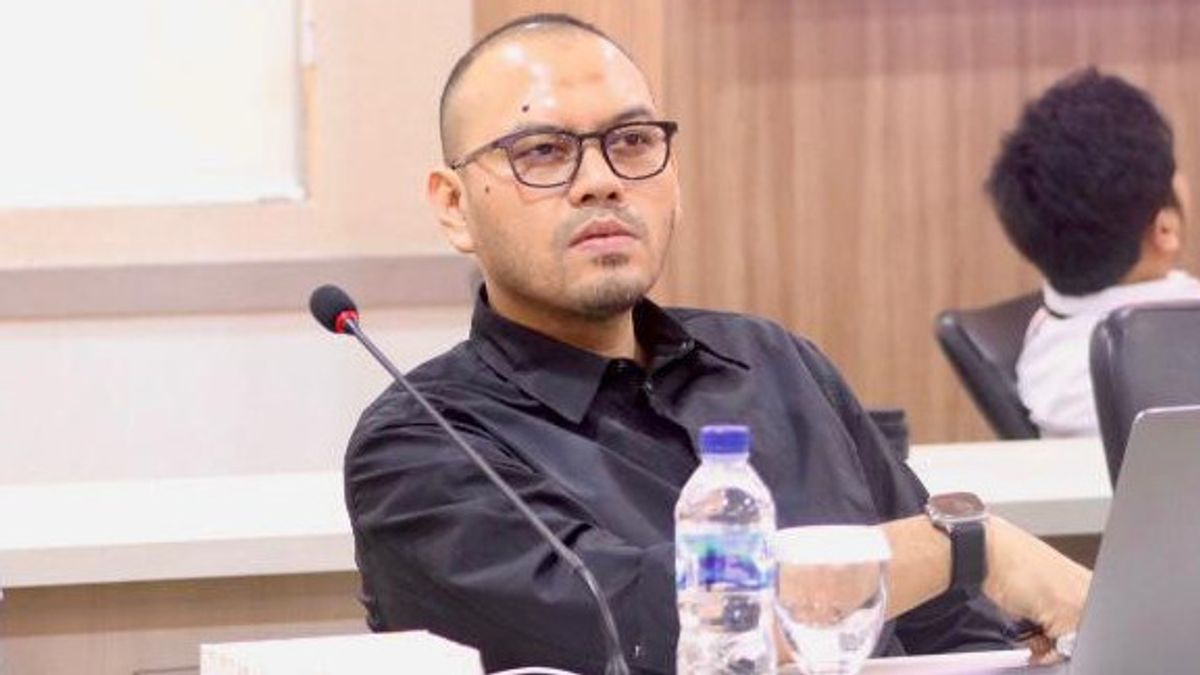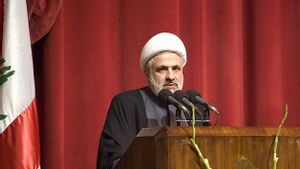JAKARTA - The trend of cyberbullying cases or bullying through cyber media in Indonesia continues to increase every year. Therefore, legal protection against Cyberbullying victims is very important to mitigate so that the impact does not spread. One of the proposed steps is to increase the effectiveness of the role of the Anti Cyberbullying Task Force.
Founder and Chairman of the Sharia Foundation, Hardjuno Wiwoho (SHW Center), Shri Hardjuno Wiwoho, said UNICEF 2020 data found that 45 percent of children aged 14-24 years worldwide had experienced cyber-based bullying throughout 2020.
This data is similar to data from the Center for Digital Society (CfDS) as of August 2021 which examined students of SMP and SMA aged 13-18 in 34 provinces in Indonesia with research results that 45.35 percent claimed to have been victims. Another 38.41 percent became the perpetrators. Platforms that are often used for Cyberbullying cases include WhatsApp, Instagram, and Facebook.
"So this Cyberbullying is indeed a disturbing phenomenon. Cyberbullying is more frightening than ordinary bullying because it can be bullied 24 hours. At any time, anywhere, anyone, through social media it can be bullied and can bully too. The mentality of the younger generation is damaged because of Cyberbullying culture," said Hardjuno, who is also the Expert Staff of the Indonesian Regional Representative Council (DPD).
In fact, Indonesia will enter the peak period of the demographic bonus in 2030 where 68 percent of the population is a productive age resident. With massive social media penetration but cyberbullying behavior is so high, demographic bonuses can turn into demographic disasters. Because the productive age generation was born from the Cyberbullying ecosystem which silences all its potential.
The Indonesian Child Protection Commission (KPAI) has encouraged schools to form Anti- Bullying Tops which include Cyberbullying. However, said Hardjuno, the task, role, and regulation of the Task Force mechanism need to be formulated more firmly and clearly to provide legal certainty in the implementation of actions to protect victims, especially victims of cyber bullying.
"I mean, apart from conventional bullying, the task force at this school also pays full attention to Cyberbullying. Mental disorders are a real threat. And ideally, the Anti Cyberbullying Task Force consists of various elements, ranging from the representative elements of teachers, students, and parents," explained Hardjuno.
Hardjuno Wiwoho explained that cyber bullying as a type of crime in cyberspace is a problem in the fields of law, education, and developmental psychology.
Research conducted by Hardjuno related to Cyberbullying shows the importance of non-penal policy (policy outside of criminal law whose key is prevention and renewal of public views) as an effort to tackle Cyberbullying.
"The research I'm working on is juridical-normative research through conceptual approaches and laws and regulations," Hardjuno explained.
So according to Hardjuno, the Anti Cyberbullying Task Force as a new non-penal policy under the auspices of KPAI needs to be more effective and integrally also involves penalty facilities.
"So the Anti Cyberbullying Task Force at schools is really equipped with non-penal abilities and uses criminal means as a last resort. Both are jointly, not separated, the understanding must be owned by the Task Force at school," said Hardjuno.
The English, Chinese, Japanese, Arabic, and French versions are automatically generated by the AI. So there may still be inaccuracies in translating, please always see Indonesian as our main language. (system supported by DigitalSiber.id)









